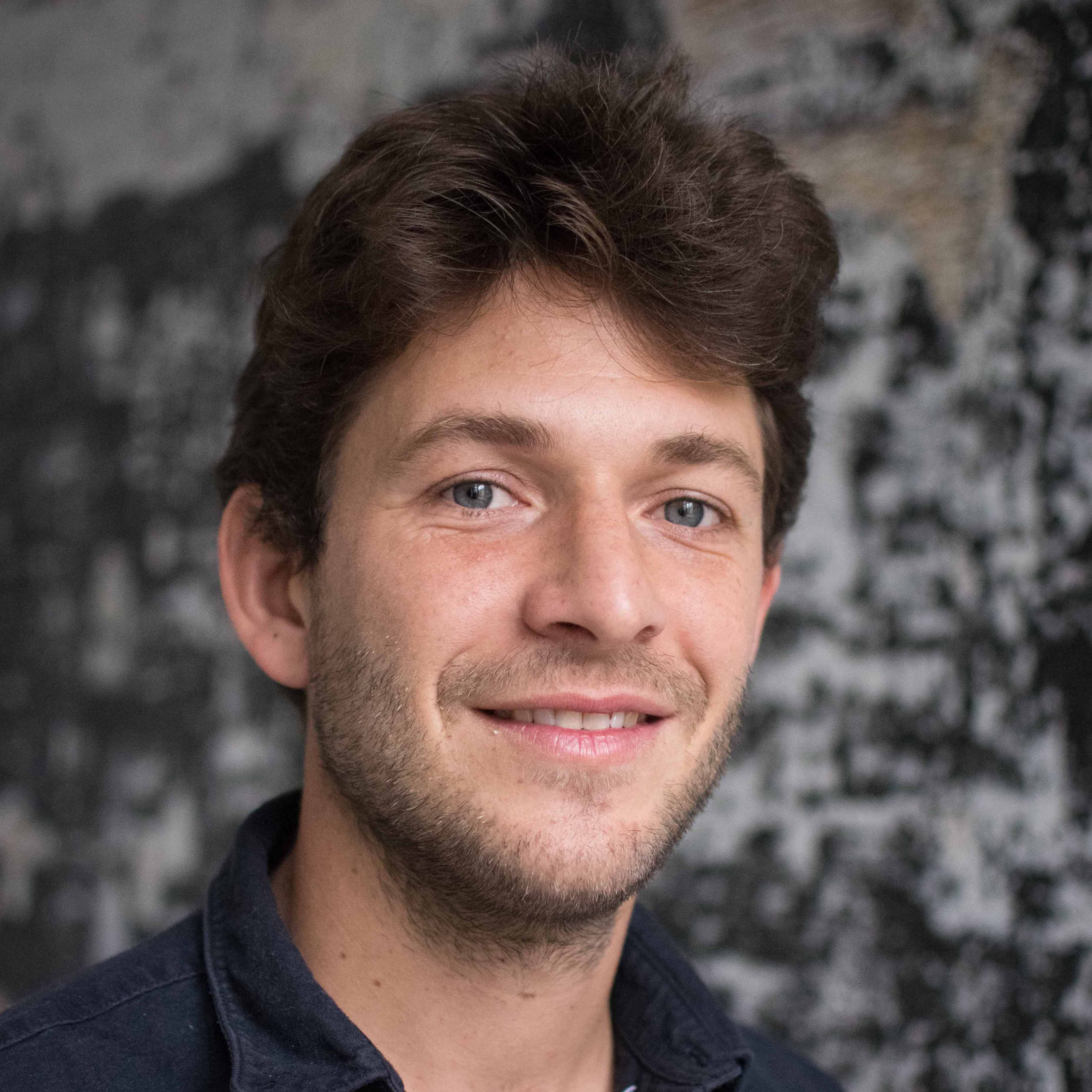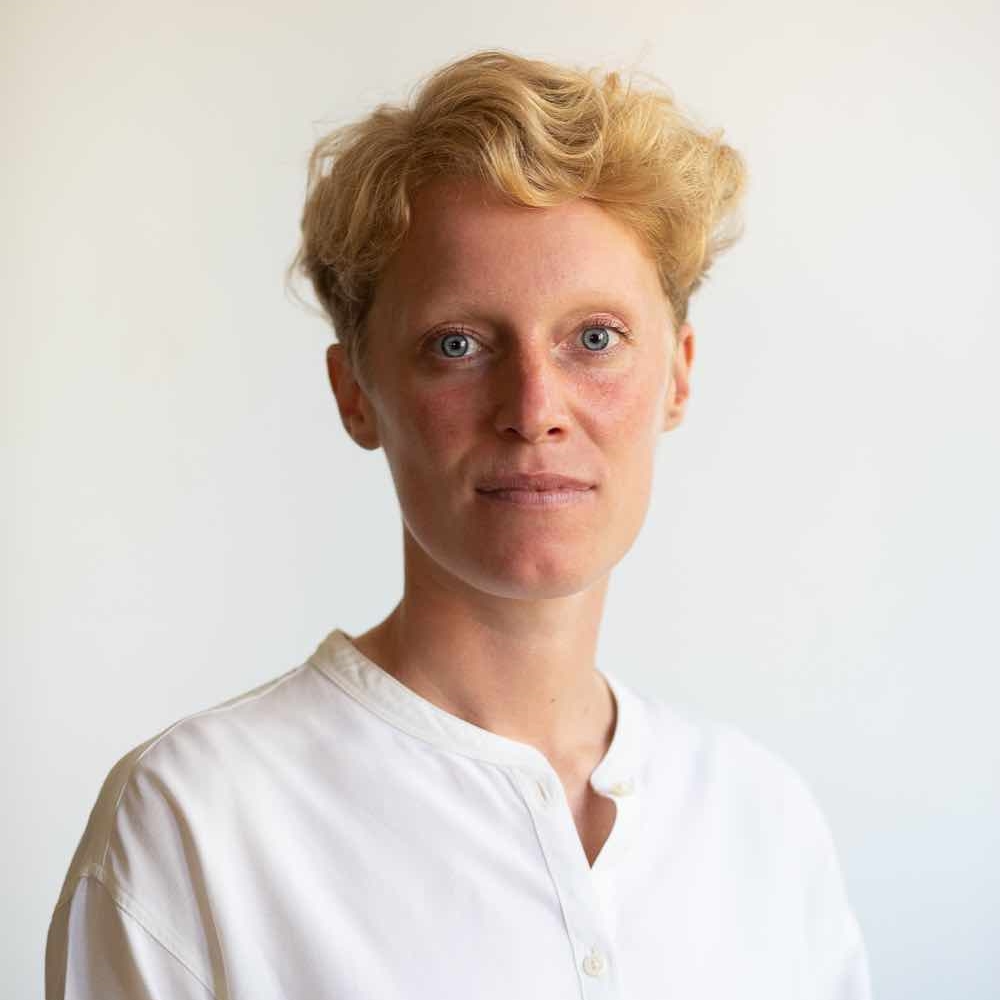Stabbings, racism and the strengthening of right-wing forces: A climate of fear prevails in Israel, says former state attorney Talia Sasson. Why does the government intend to restrict civil society in this atmosphere?
Alsharq: Israel is witnessing a wave of violence of unprecedented kind: Palestinian attackers, most of them teenagers, try stabbing Israeli soldiers or civilians with crude knifes. The attacks have been going on for over half a year. Is there nothing to be done to stop the violence?
Talia Sasson: It is not by chance that the stabbings started in Jerusalem. Here, 300 000 Palestinians live side by side with Israelis, but enjoy neither the same political rights nor the same standard of public services that their mostly Jewish neighbors take for granted. Jerusalem is where the rampant inequality of occupation is most obvious. In my eyes, the motivation for a kid to turn to stabbing someone can be nothing but despair and the absolute lack of perspective. It is pointless to try to stop this phenomenon by mere force. It is part of a deep-rooted problem and that needs a political solution. In the end we need dialogue and diplomacy, we need two states, and East Jerusalem must become part of a future state of Palestine.
You wrote one of the most influential reports on settlements and illegal outposts in the West Bank. Many now argue that settlements have made creating two states impossible. Why do you continue to advocate the two-state-solution?
I support a shared, an equal society, but with regards to the political conflict I am convinced the best solution we can opt for is giving each people its own territory for its own state. Israel has never claimed sovereignty over the West Bank, but by building settlements has created bubbles of Israeli jurisdiction that go against any principle of equality. Israel has to end the occupation not least because it manifests a kind of inequality that harms the very principles of the State of Israel. Without equality there cannot be democracy, and as long as a state does not educate its citizens in the spirit of equality it cannot be called truly democratic. Ultimately, the settlements are a trigger for bloodshed and ending settlement expansion is the only way out.
For a quarter of a century you represented the State of Israel in its highest ranks. Now you work with a branch of civil society which the government views with suspicion. What motivated the change?
I did not change at all but rather stuck to my convictions. For 25 years I defended human rights from within the establishment, now I continue the same way from without. Ironically, former Prime Minister Ariel Sharon played a role in making me join civil society: He tasked me in 2005 to investigate the financing of settlements by state bodies. I found that government institutions such as ministries were deeply involved in illegally channeling money to settlements on a large scale. It opened my eyes to the harm that the occupation caused not only in terms of human rights but also to the interests of the State of Israel. And I saw that the best way to do anything about it was through non-governmental organisations. I am a patriotic Israeli.
What does being patriotic mean to you?
I believe in my country’s principles as laid down in the Declaration of Independence. Israel is set to be the homeland of the Jewish people and all its citizens, and a democracy.
How does the emphasis on the Jewish people go together with the principle of equality?
This is what people on the right wing are arguing: For them, being Jewish and democratic is a contradiction. They demand that we choose between the two or at least weigh them. And they choose the Jewish character of the state over democracy, which they argue is a leftist concept. I do not believe that a state cannot be democratic and still be the homeland of the Jewish people. It means that the state is based on equality for all its citizens – and still all Jews in the world can be potential citizens if they come to live in Israel.
The current government – a coalition that only includes parties of the right – has been pushing for a law that would require NGOs to reveal their funding from foreign states. What is your stance on this?
In the eyes of any open-minded outsider this must seem a very awkward step: A government restricting civil society organisations fighting for human rights? The official justification is transparency. I don’t buy that. The existing legislation ensures enough transparency. NGOs do report on a regular basis where they receive their funding from. Rather, the so-called NGO-bill seeks to brand and stigmatize human rights organizations. As a matter of fact, only liberal, human rights organisations receive funding from foreign governments while right-wing organisations depend on money that also comes from abroad but from private donors. Hence, when the legislation passes and NGOs have to declare if they are funded by so-called “foreign entities”, the public is manipulated to suspect illegitimate, foreign interference.
Why is it human rights organizations that the government targets?
The party political opposition of the left and center-left has been weak for years. Therefore human rights organisation stepped in to defend the rights of minorities and concepts of equality – equality before the law, but also equality with regards to distribution of public services and so on. The right-wing does not approve of the issues human rights organisations fight for – and fighting the organisations is the easy way out. The main reason for attacking NGOs is their struggle for ending the occupation of the West Bank, which goes against government policy.
How is your organisation, the New Israel Fund (NIF) affected by the bill?
The bill hurts us indirectly as it hurts our partners. Our money does not come from governments but from Jews mainly from the US who love Israel and want to support its civil society. But the organisations we support often depend on other funding, mostly from the European Union and thus “foreign entities”. They will be in financial trouble – and we cannot simply increase our budget.
The NIF was founded in 1979. Has the way the public views the work of your partners such as B’Tselem or ACRI, the Association for Civil Rights in Israel, changed over the years?
The atmosphere has never been worse. Israeli society is being corroded by fear and hatred. It is now filled with hatred between Jews and Arabs. Several organisations which we support are labeled traitors in mainstream media. What happens reminds me of the McCarthy era in the US. The circumstances we live in foster this McCarthyism: Terror harms the public atmosphere. It has its roots in the suppression of the Palestinians and is worsened because now there is no prospect for peace negotiations.
Politicians in Israel from right and left alike repeatedly argue that there simply is no partner on the other side.
That has been an argument made since Prime Minister Ehud Barak coined this term after he left the Camp David negotiations in 2000. For a leader of the left it was one of the biggest possible mistakes, because he harmed the left’s approach towards the conflict and its credibility within Israeli society tremendously. Ever since the assassination of Yitzhak Rabin in 1995, Israel’s left is in a crisis of leadership.
What kind of leadership on the Israeli side would it need to solve the conflict?
The person would have to credibly demonstrate that she/he would be ready to do anything to reach a deal, even to die. Rabin, whom I often met before his assassination, certainly did not think he was going to die. But I have no doubt that he was 100% committed to his cause. Since then the possibility that an effort to end the occupation might end with another assassination has become a possible reality. Therefore I believe not every prime minister on the center would be able and willing to do what needs to be done.
The interview was conducted in English. A German translation of this interview was published on ZEIT ONLINE.


















